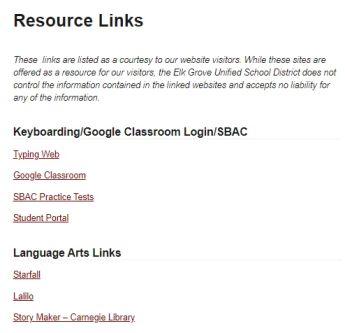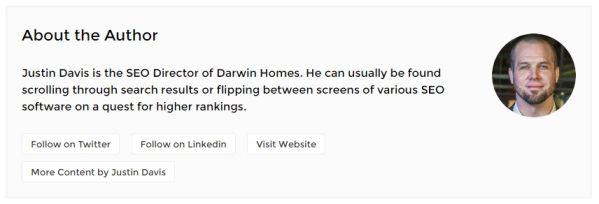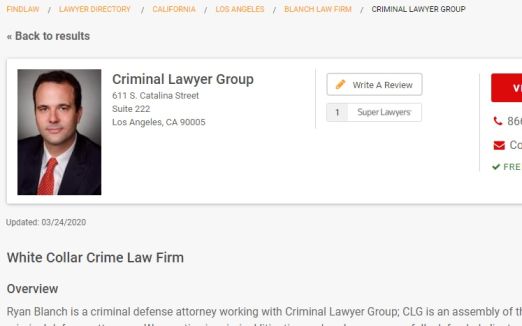A backlink is a link, generally pointing from one website to another. (The backlink in the previous sentence is “backlink” and it points to a Wikipedia page). It generally links one page to another, often on different websites. Google tallies up the quality, quantity and relevance of these links when deciding how much credit to give a website.
There are many types of links. Identifying link types improves efficiency in prospecting for backlink targets, organizing email outreach efforts, develop content and/or linkable assets, and more. Common link types are listed below.
Resource/links pages
Resource pages are often pages of links, or resources. This like type is great because these pages are often created for the purpose of linking to different websites. Links pages don’t generally require content outside of the occasional description sentence or two.

Link type shown: Resources/links page
Guest posts
Guest posting is when someone is allowed to write a blog post for possible publication on a website that they do not own or work for. Webmasters often encourage guest posting as a way to add quality content to their website without having to actually create the content. The guest post benefits the writer by increasing their exposure and often linking back to the writer’s website.

Link type shown: Guest post
Listicles
Listicles are a blend of lists and articles and they come in many forms. Top 10 Pizza Shops in Houston, 10 Small Business Tips, etc. The list is often surrounded with supporting text, to increase the value of the content for both the user and search engines.

Link type shown: listicle/list
Interviews
Traditional interviews, podcasts, video conference calls and other formats can lead to an easy backlink. Often the process involves requesting an interview from someone at the backlink target site/organization/business. These conversations are often transcribed to produce lengthy content and great link opportunities.
Content upgrades
Content upgrades often involve pitching the idea of adding a link and additional supporting information to something that has already been published.
Q&A sites
Question and answer sites are common sources of backlinks. These sites often consist of user generated content (UGC) exclusively.

Link type shown: Q&A
Directories
Directories are web-based databases of organizations or people. Think Yellowpages.com Many of these non-industry directories are very authoritative and can help with backlinks and/or local SEO.
There are many industry-specific directories. For example, findlaw.com is a directory for lawyers.
Some directories are free, others are pay-for-play.

Link type shown: directory
Pay-for-play
When collaborating with a website requires payment it is generally considered pay-for-play. This could come in the form of sponsored guest posts, paid sponsorship, paid association memberships, etc.
Sponsored posts
A sponsored post is basically a guest post opportunity you have to pay for.
Associations/organizations
Many industry associations and organizations link to their members websites. Getting involved with like-minded people in your industry by joining common interest groups and organizations often results in backlink opportunities.
